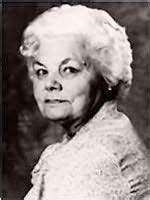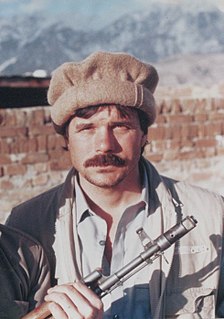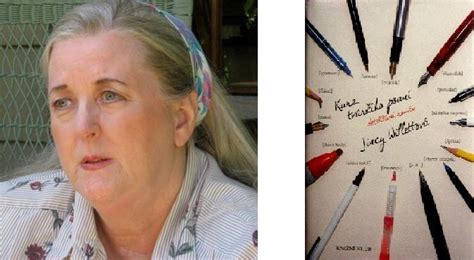A Quote by Philip K. Dick
Basically, Sherri's idea had to do with bringing Fat's mind down from the cosmic and the abstract to the particular. She had hatched out the practical notion that nothing is more real than a large World War Two Soviet tank.
Related Quotes
She had been the quiet, rather plain girl, with a surprisingly sharp tongue if she was put out, lovely eyes and pretty hair and a way of looking very directly at one. Now he had to admit that she had become more important to him than anyone else in the world. The idea of a future without her wasn't to be borne. She had by some mysterious metamorphosis become more beautiful than anyone else he had ever encountered.
Like, she had a caterer, she had wardrobe people, she had two makeup artists... I mean, we have makeup and we have wardrobe, but Felicia [Day] was, like, on it. She had two cameras operating, sets, extras everywhere. It was unbelievable. I don't know what her budget was or is, but she had sponsors for her show, and we don't have a sponsor yet, so basically, the difference is, our moms make our costumes.
World War Two was a world war in space. It spread from Europe to Japan, to the Soviet Union, etc. World War Two was quite different from World War One which was geographically limited to Europe. But in the case of the Gulf War, we are dealing with a war which is extremely local in space, but global in time, since it is the first 'live' war.
I have rarely read anything which has interested me more, though I have not read as yet more than a quarter of the book proper. From quotations which I had seen, I had a high notion of Aristotle's merits, but I had not the most remote notion what a wonderful man he was. Linnaeus and Cuvier have been my two gods, though in very different ways, but they were mere schoolboys to old Aristotle.
The wide world was changing, and she wanted a different place in it. Not just wanted, but felt she deserved. If the world didn't owe her a living, as her mother repeatedly warned her, it owed her a break. She had a strong sense that a better, more exciting, more rewarding life than that which had been the lot of her parents and grandparents was hers by right. In this she was guilty of nothing more serious than the arrogance of youth, from which every generation suffers and by which it distinguishes itself from the preceding one.
When I lost my wife I had a whole different concept of her life. She lived 21 years and people who knew her know it wasn't about the great things she did on this earth. It wasn't that she had money or had popularity, it was that she loved Jesus Christ more than anything else in this world. That was how she related to the world.
Reading was not an escape for her, any more than it is for me. It was an aspect of direct experience. She distinguished, of course, between the fictional world and the real one, in which she had to prepare dinners and so on. Still, for us, the fictional world was an extension of the real, and in no way a substitute for it, or refuge from it. Any more than sleeping is a substitute for waking." (Jincy Willett)




































